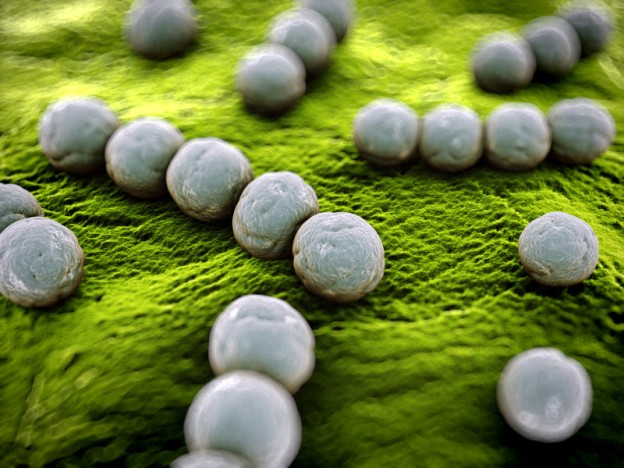Rates of caesarean section have increased from 17% in 1995 to 28% in 2010. Failure to progress in labour is the most common reason cited for performing a caesarean section. Factors that contribute to failure to progress include: maternal stress/anxiety, a contracted pelvis, poor strength or coordination of contractions, fetal malposition (breech presentation) and large fetal size (macrosomia).
The benefits to both mom and infant of normal vaginal delivery are numerous:
- Lower risk of post-partum depression
- Greater infant-maternal bond
- Better digestive health for the baby as he/she acquires his/her normal flora as he/she passes through the birth canal.
- Lower risk of death for mom and baby
- Lower risk of injury to mom and baby
- Lower risk of infection for mom and baby
Naturopathic doctors can effectively manage the factors that contribute to c-section through diet, stress reduction, exercise, vitamin and mineral balance, and even acupuncture and moxibustion to turn a baby that is in breech position.
Sources:
- Deneux-Tharaux C1, Carmona E, Bouvier-Colle MH, Bréart G. Postpartum maternal mortality and cesarean delivery. Obstet Gynecol. 2006 Sep;108(3 Pt 1):541-8.
- James E. Swain,1 Esra Tasgin,2 Linda C. Mayes,1,3 Ruth Feldman,1,4 R. Todd Constable,5 and James F. Leckman1 Maternal brain response to own baby-cry is affected by cesarean section delivery. J Child Psychol Psychiatry. 2008 Oct; 49(10): 1042–1052.
- MacDorman MF1, Declercq E, Menacker F, Malloy MH. Neonatal mortality for primary cesarean and vaginal births to low-risk women: application of an “intention-to-treat” model. Birth. 2008 Mar;35(1):3-8.
